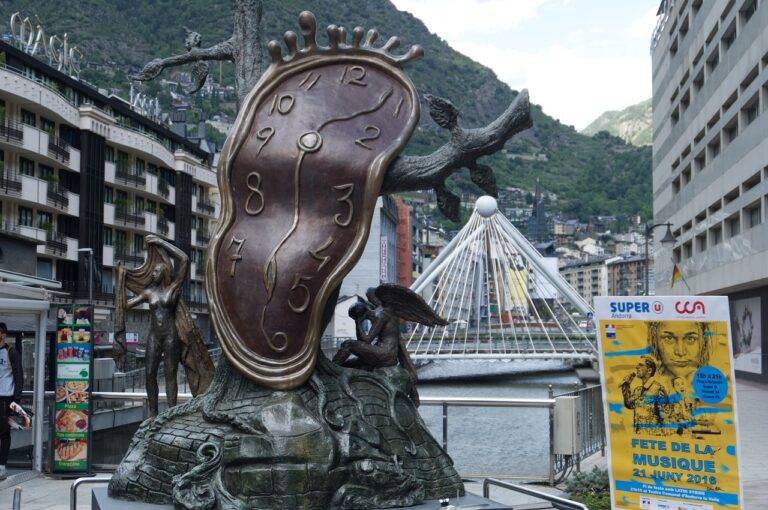Cultural Tours and Their Role in Community Development: Goldenexch, Cricbet99 link, King 567
goldenexch, cricbet99 link, king 567: Cultural tours offer a unique opportunity to explore the rich history, traditions, and heritage of a community. These tours not only provide a platform for learning and appreciation of diverse cultures but also play a crucial role in community development. By engaging in cultural tours, individuals can support local economies, preserve traditions, and promote inclusivity within communities.
Economic Impact
One of the primary ways in which cultural tours contribute to community development is through the economic impact they generate. By attracting tourists and visitors from different parts of the world, these tours bring in revenue that can benefit local businesses, artisans, and cultural institutions. The money spent on accommodations, food, souvenirs, and transportation stimulates the local economy and creates job opportunities for residents. Additionally, cultural tourism can help revitalize neglected areas, promote infrastructure development, and boost property values in communities.
Preservation of Traditions
Cultural tours also play a vital role in preserving and promoting traditional practices, craftsmanship, and art forms that are integral to a community’s identity. By participating in these tours, individuals can learn about the history and significance of cultural traditions, support local artisans and craftsmen, and contribute to the sustainability of cultural heritage. Cultural tours help raise awareness about the importance of preserving cultural traditions and encourage communities to take pride in their heritage.
Promotion of Inclusivity
In a globalized world where diversity is increasingly celebrated, cultural tours offer a platform for promoting inclusivity and understanding among different communities. By engaging with diverse cultures, traditions, and languages, individuals can gain a deeper appreciation for the unique experiences and perspectives of others. Cultural tours create opportunities for cross-cultural exchange, dialogue, and collaboration, fostering mutual respect and understanding among people from different backgrounds. This, in turn, promotes social cohesion and harmony within communities.
Sustainable Development
Cultural tours also have the potential to contribute to sustainable development by promoting responsible tourism practices that minimize negative impacts on the environment and local communities. By supporting ethically-run tour operators, staying in eco-friendly accommodations, and respecting cultural norms and customs, travelers can help protect the natural environment, preserve cultural heritage, and ensure the long-term viability of tourism destinations. Sustainable cultural tourism emphasizes the importance of conserving resources, minimizing waste, and supporting local communities in a way that benefits both visitors and residents.
FAQs
Q: How can I find cultural tours in my area?
A: You can search online for reputable tour operators, check with local visitor centers or tourism offices, and ask for recommendations from friends or family members who have participated in cultural tours.
Q: Are cultural tours suitable for all ages?
A: Cultural tours are generally suitable for individuals of all ages, but some tours may have specific age restrictions or physical requirements. It’s best to check with the tour operator before booking your tour.
Q: How can I support community development through cultural tourism?
A: You can support community development through cultural tourism by choosing responsible tour operators, shopping at local businesses, respecting cultural traditions, and leaving a positive impact on the communities you visit.
In conclusion, cultural tours play a vital role in community development by stimulating economic growth, preserving traditions, promoting inclusivity, and supporting sustainable development. By engaging in cultural tours, individuals can make a positive impact on communities, create meaningful connections with diverse cultures, and contribute to a more inclusive and sustainable world.







